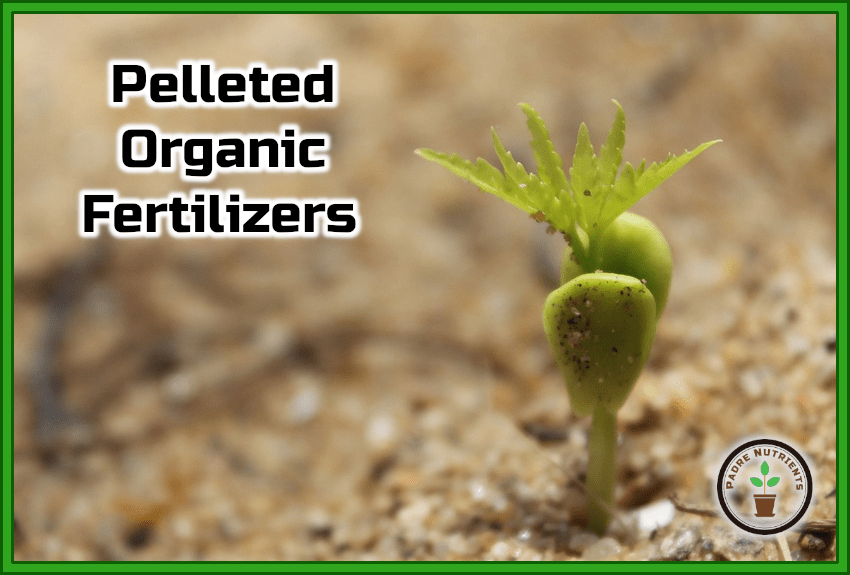Going organic is the way to go if you want to get the most out of your backyard garden. But selecting the right organic fertilizer can be a chore, especially for people who have just gotten into gardening as a hobby. This article will help you decide what kind of organic fertilizer best suits your needs.
There are many different kinds of organic fertilizers on the market, such as fish emulsions, cornmeal, bone meal, seaweed extracts, kelp extract, etc. They are available in liquid or powder or in Granular or pelleted form.
The liquid organic fertilizer is applied to plants with a spray while the powder form can be applied directly to the soil. These forms have advantages and disadvantages, and many gardeners argue over the benefits of one or the other.
INDICE de CONTENIDOS
Pelleted Organic Fertilizers
The other kind of organic fertilizer is the granular or pelleted. Late to arrive on the scene (the pelleted fertilizer is quite new), the pelleted organic fertilizer is quickly becoming the preferred form of organ fertilizer. This is primarily based on price: pelleted fertilizers are a bit cheaper than liquid or powdered organic fertilizers. The pelleted fertilizer also has a slow-release capability.
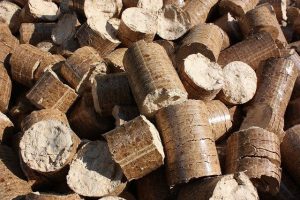
This slow-release property allows pelleted fertilizers to gradually release nutrients, which gives plants time to absorb and use them through the growing season. In this way, the pelleted fertilizer also helps stop leaching and soil erosion, which are side-effects of the liquid form.
Since they are organic, pelleted fertilizers have only a small amount of chemicals; no organic fertilizer is one hundred percent natural. The pelleted fertilizer’s low chemical content makes it a great source of nutrients not only for plants, but also for microorganisms in the soil.
Pelleted fertilizers may be derived from many kinds of organic materials. Most are produced from by-products of the sea.
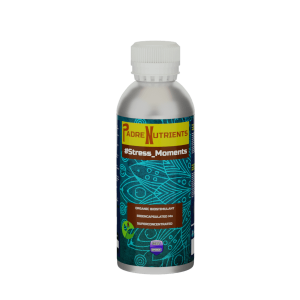
For example, fish emulsions are sough after for their rich trace elements. Pelleted fertilizers produced from seaweed are also a prized by plant growers because of its high trace element content and nitrogen.
Another pelleted fertilizer that is made from the by-products of the sea is the crab shell fertilizer. Chock full of vitamins and minerals, this fertilizer is also popular because it is pest-controller.
Pelleted fertilizers can also be produced from manure, chicken litter, or bat guano. Chicken and other farms have begun converting their waste into pelleted fertilizers for plant use. Another pelleted fertilizer is made from bat guano. Commonly comprised of high amounts of nitrogen and phosphoric acid, the bat guano fertilizer has high-protein, slow-release, and is a soluble type of fertilizer.
Safe Organic Fertilizers
Home growers are beginning to understand the need for providing nutrients quickly in order to promote abundant plant growth in gardens and landscapes. Application of nutrients may be accomplished by using either organic or inorganic fertilizer.
Due to increased environmental concerns, many growers prefer to use organic fertilizers over the inorganic type. This is because inorganic fertilizers are known to contain chemicals that may be harmful and concentrated nutrients that may leach into the soil.
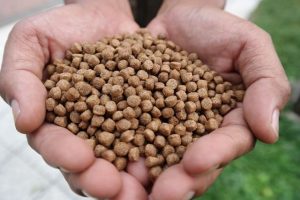
Most people who buy organic fertilizers use them because they believe they are safer for plants. However, if the fertilizer is improperly applied, it can be just as harmful to plants as chemicals are. If not applied, they may contribute to ground water pollution, induce salt burn, or cause nutrient deficiency and toxicity.
The nutrient needs of plants vary with soil conditions, previous fertilizers used, and the type of plants that are being grown. If you want to know specifically what kinds of nutrients are needed in organic fertilizer, you must conduct a soil test.
Nutrient deficiency in soil is most often Nitrogen-based, that is why organic fertilizers are produced with high amounts of Nitrogen. Most grasses simply will not grow, or will grow very lowly if there is a Nitrogen deficiency. The same can be said of vegetable and fruit gardens. If you are looking to increase the growth of lawn grass or improve crop yields, fish emulsions and seaweed extracts are the organic fertilizers you should use. These fertilizers are high in soluble Nitrogen.
The labels of organic fertilizer have numbers in them that represent the concentration of the major nutrients: Nitrogen (N), Phosphorus (P), and Potassium (K). For example, a fertilizer with a label that read 5-10-0 contains 5 % Nitrogen, 10% Phosphorus, and 0% percent Potassium.
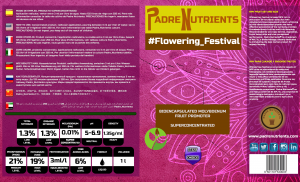
Other ingredients commonly found in organic fertilizers are iron, sulfur, and zinc. Besides supplying plants with the essential nutrients for growth, organic fertilizer also contains organic matter. The organic matter allows for greater water retention in the soil and also improves drainage.
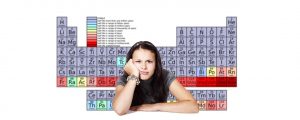
If a soil test informs you that some nutrients are at high or excessive levels, you should choose an organic fertilizer that has lower concentrations of these nutrients. Any excess of nutrients in the fertilizer can lead to leaching and imbalance which will inevitably slow plant growth.
But if a soil test informs you that Nitrogen is needed, you should choose a fertilizer with high Nitrogen content. If you discover that your soil is lacking in both Nitrogen and Phosphorus, then a fertilizer with high levels of both nutrients is best for you.
One possible problem with organic fertilizers is that many of them contain high levels of salt, which can cause “burning” in plants. Organic fertilizer may be applied either on the surface or directly into the soil by tilling or watering. It may help to use a spreader to be certain the fertilizer is appropriately applied.

